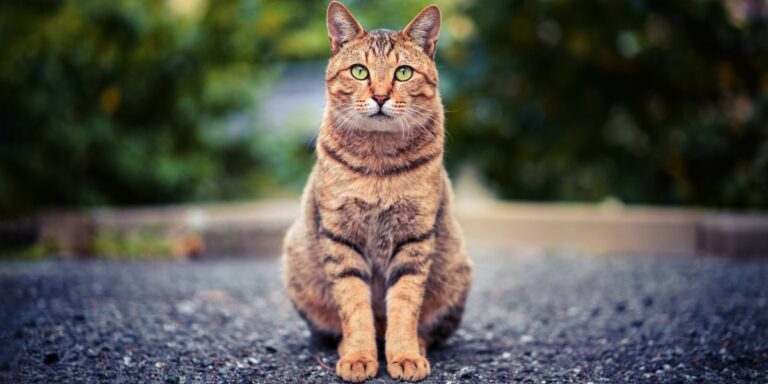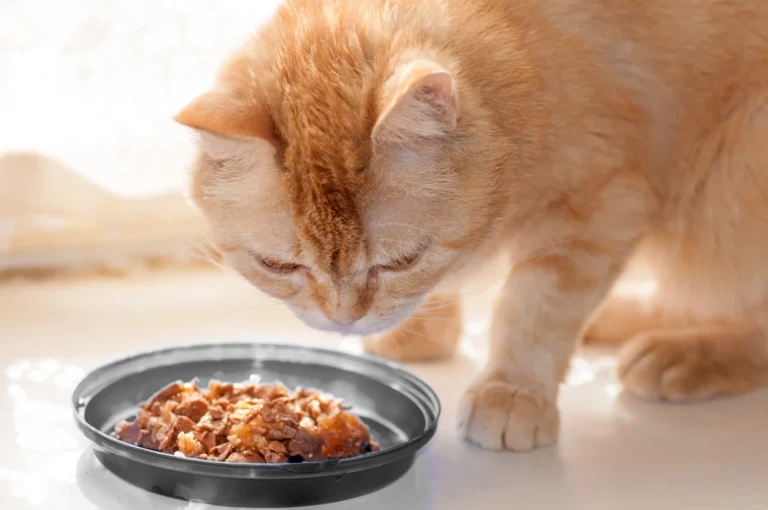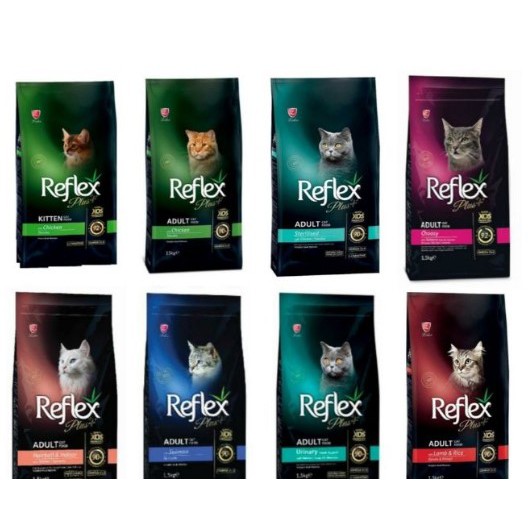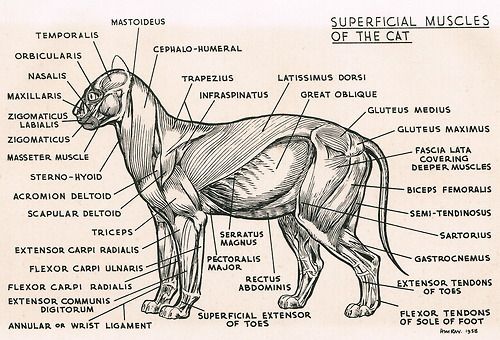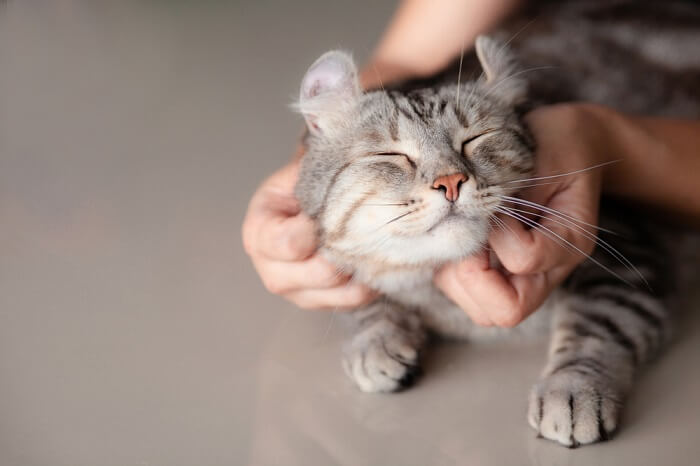Promoting cat vitality and health
Understanding the Feline Wellness: Exploring the Key Factors for a Healthy Cat
Cats are unique and fascinating creatures, and understanding their wellness is crucial for their overall health and happiness. There are several key factors to consider when it comes to the well-being of feline companions. Firstly, nutrition plays a vital role. A balanced and nutritious diet is essential to ensure that your cat receives the proper nutrients to support their growth, immune system, and overall health. It is recommended to provide a diet that is rich in protein, with meat being a primary ingredient, as cats are obligate carnivores.
In addition to nutrition, regular veterinary check-ups are essential for maintaining a healthy cat. Just like humans, cats need routine medical examinations to catch any potential health issues early on. These check-ups allow veterinarians to assess your cat’s overall health, check for any signs of illness, and provide preventive care. Vaccinations are an important aspect of routine care, as they protect cats from harmful and potentially deadly diseases. Parasite control is also crucial in keeping your cat healthy, as parasites can cause a range of health problems. By prioritizing regular veterinary check-ups and preventive care measures, you can ensure the longevity and vitality of your feline friend.
Nutritional Guidelines: Nourishing Your Cat for Optimal Health
Feeding your cat a balanced and nutritious diet is crucial for maintaining their overall health and well-being. Providing your feline friend with the proper nutrients ensures that they receive the necessary vitamins, minerals, and proteins to support their body’s functions. When selecting cat food, it is essential to look for options that are specifically formulated to meet a cat’s unique nutritional needs. These diets typically contain the right balance of proteins, carbohydrates, and fats to promote optimal health.
Proteins are especially vital for cats as they require higher amounts compared to other animals. Cats are obligate carnivores, which means that their bodies are designed to thrive on a meat-based diet. The protein in their diet is not only a source of energy but also crucial for maintaining healthy muscles, organs, and a strong immune system. When choosing cat food, make sure that the primary ingredient is a high-quality source of animal protein, such as chicken, beef, or fish. It is important to avoid diets that are overly processed or contain fillers, as these may not provide the necessary nutrients for your cat’s health.
The Importance of Regular Veterinary Check-ups: Ensuring Longevity and Vitality
Regular veterinary check-ups are crucial for the overall health and well-being of your feline companion. These check-ups help to detect any underlying health issues early on, allowing for prompt treatment and management. During these visits, the veterinarian will conduct a thorough physical examination to assess your cat’s body condition, heart and lung function, and overall vitality. They may also perform additional tests such as bloodwork or urinalysis to gain a deeper understanding of your cat’s internal health.
In addition to detecting potential health problems, regular veterinary check-ups provide an opportunity to discuss preventive measures. Your veterinarian can advise you on the appropriate vaccinations your cat needs to maintain a robust immune system. They can also recommend parasite control methods to safeguard against common pests such as fleas, ticks, and worms. By implementing these preventive measures, you can significantly improve your cat’s chances of leading a long and healthy life. Remember, regular veterinary check-ups are a cornerstone of responsible pet ownership, ensuring the longevity and vitality of your beloved feline companion.
Exercise and Enrichment: Keeping Your Cat Active and Stimulated
Engaging in regular exercise and providing opportunities for mental stimulation are crucial for maintaining the overall health and well-being of our feline companions. Cats are natural hunters, and without proper physical and mental stimulation, they can become bored, lethargic, and even develop behavioral problems. Therefore, it is essential to incorporate exercise and enrichment activities into their daily routine.
One effective way to keep your cat active is by providing them with interactive toys that encourage movement and play. These toys can include feather wands, laser pointers, or treat-dispensing puzzles that require your cat to use their natural hunting instincts. By engaging in these activities, your cat can burn off excess energy, improve muscle tone, and prevent obesity, which is a common health issue in cats.
In addition to physical exercise, mental stimulation is equally important for your cat’s well-being. Cats are intelligent creatures, and they thrive when their minds are challenged. You can achieve this by introducing puzzle toys or hiding treats around the house for your cat to find. Furthermore, spending quality time playing with your cat and incorporating training and trick sessions can also provide mental stimulation and strengthen your bond with your furry friend.
Remember, each cat is unique, and it is essential to tailor the exercise and enrichment activities to their individual needs and preferences. By incorporating regular exercise and mental stimulation into their daily routine, you can help ensure that your cat leads a happy, active, and enriched life. So, get creative, have fun, and watch your feline companion thrive!
Preventive Care: Vaccinations and Parasite Control for a Robust Immune System
Vaccinations and parasite control are essential components of preventive care for your cat. By keeping your feline friend up-to-date on vaccinations, you can protect them from potentially life-threatening diseases. Vaccines work by stimulating the immune system to produce a response against specific pathogens, thereby preventing infection or reducing the severity of the disease if exposure occurs. Common vaccines for cats include those for feline viral rhinotracheitis, calicivirus, and panleukopenia. These diseases can cause respiratory issues, fever, gastrointestinal problems, and even death in severe cases. By following the recommended vaccination schedule provided by your veterinarian, you can provide your cat with robust immunity against these and other dangerous diseases.
In addition to vaccinations, parasite control is crucial for maintaining your cat’s overall health. Cats can easily pick up parasites from their environment, such as fleas, ticks, and intestinal worms. These parasites not only cause discomfort for your cat but can also lead to serious health problems. Fleas, for example, can cause skin irritations, allergies, and even transmit diseases. Ticks, on the other hand, can transmit Lyme disease and other tick-borne infections. Intestinal worms, including roundworms and hookworms, can cause digestive issues, weight loss, and anemia. By implementing a regular parasite prevention program recommended by your veterinarian, you can safeguard your cat’s well-being and mitigate the risks associated with these pesky intruders.
Maintaining a Healthy Weight: Strategies for Preventing Obesity in Cats
Obesity is a common health issue in cats that can lead to various complications. To prevent obesity and maintain a healthy weight for your feline companion, it is important to follow a strategic approach. Firstly, always ensure that you are providing the right portion sizes for your cat’s meals. Overfeeding can quickly lead to weight gain, so it’s essential to measure the amount of food they consume. Additionally, it’s vital to choose a high-quality, balanced diet specifically formulated for cats. These diets are designed to provide the necessary nutrients while controlling calorie intake. Consult your veterinarian to determine the appropriate quantity and type of food for your cat’s individual needs.
In addition to monitoring food intake, regular exercise is another key aspect of weight management. Engaging your cat in daily play sessions and providing opportunities for physical activity can help prevent excess weight gain. Encourage your cat to engage in interactive toys or set up a stimulating environment that encourages movement. However, it’s important to keep in mind that exercise should be tailored to your cat’s age and abilities. If your cat is overweight or has mobility issues, consult your veterinarian for appropriate exercise alternatives. By implementing these strategies and being mindful of your cat’s weight, you can help promote a healthy lifestyle and reduce the risks associated with obesity.
Dental Care: Promoting Oral Health and Preventing Dental Disease
Caring for your cat’s oral health is essential for their overall well-being. Just like humans, cats can develop dental problems that can cause pain and discomfort if left untreated. Regular dental care can help prevent the onset of dental disease and keep your cat’s teeth clean and healthy.
One way to promote oral health in cats is by brushing their teeth regularly. This may seem like a daunting task, but with patience and practice, it can become a part of your cat’s routine. Use a toothbrush and toothpaste specifically designed for cats, as human toothpaste can be harmful to them. Start by gently introducing the toothbrush and toothpaste to your cat, allowing them to sniff and taste it. Gradually, start brushing their teeth using gentle circular motions. This will help remove plaque and tartar buildup, reducing the risk of dental disease.
It is also important to provide your cat with appropriate chew toys and dental treats. These can help remove plaque from their teeth and stimulate their gums. Look for products that are specifically designed to promote dental health. Additionally, ensuring that your cat has a balanced diet can also contribute to their oral health. Feeding them a high-quality diet that includes nutrients beneficial for dental health can help maintain strong teeth and gums.
By incorporating these simple dental care practices into your cat’s routine, you can promote their oral health and prevent the onset of dental disease. Regular dental care not only ensures a healthy mouth but also contributes to your cat’s overall well-being. Stay attentive to their oral health and consult your veterinarian if you notice any signs of dental problems such as bad breath, swollen gums, or difficulty eating. With proper care, your cat can enjoy a lifetime of healthy smiles.
Stress Management: Creating a Calming Environment for Your Cat’s Well-being
For cat owners, creating a calm and soothing environment is essential for the well-being of their furry friends. Cats are known for being sensitive creatures, easily affected by their surroundings and the energy around them. By taking a few simple steps, you can ensure that your cat feels safe and relaxed in their own space.
One important factor in creating a calming environment for your cat is to provide them with a designated and cozy space. This can be a quiet corner or a comfortable bed where your cat can retreat to when they feel overwhelmed or stressed. It’s important to make this space inviting and free from any disturbances. Placing a soft blanket or bed in their favorite spot can provide a sense of security and comfort. Additionally, consider adding a few toys or scratching posts nearby to keep them entertained and engaged.
What factors contribute to a healthy cat?
Understanding the Feline Wellness: Exploring the Key Factors for a Healthy Cat discusses the key factors that contribute to a cat’s overall health, including nutrition, regular veterinary check-ups, exercise, preventive care, maintaining a healthy weight, dental care, and stress management.
How can I nourish my cat for optimal health?
Nutritional Guidelines: Nourishing Your Cat for Optimal Health provides guidelines on feeding your cat a balanced and nutritious diet, including the importance of high-quality cat food, portion control, and avoiding harmful substances.
Why are regular veterinary check-ups important for my cat?
The Importance of Regular Veterinary Check-ups: Ensuring Longevity and Vitality explains the significance of regular visits to the veterinarian for preventive care, early detection of health issues, vaccinations, and parasite control.
How can I keep my cat active and stimulated?
Exercise and Enrichment: Keeping Your Cat Active and Stimulated provides tips on how to engage your cat in physical activities and mental stimulation to prevent boredom, obesity, and promote overall well-being.
What preventive care measures should I take for my cat?
Preventive Care: Vaccinations and Parasite Control for a Robust Immune System emphasizes the importance of vaccinations, regular deworming, and flea and tick control to protect your cat from diseases and parasites.
How can I prevent obesity in my cat?
Maintaining a Healthy Weight: Strategies for Preventing Obesity in Cats offers strategies to prevent obesity in cats, including portion control, feeding a balanced diet, promoting exercise, and avoiding excessive treats.
How can I promote oral health and prevent dental disease in my cat?
Dental Care: Promoting Oral Health and Preventing Dental Disease provides tips on how to maintain your cat’s oral hygiene, including regular brushing, dental check-ups, and dental-friendly treats.
How can I create a calming environment for my cat’s well-being?
Stress Management: Creating a Calming Environment for Your Cat’s Well-being suggests creating a peaceful and stress-free environment for your cat, including providing hiding spots, vertical spaces, soothing scents, and minimizing loud noises.
Are there any additional resources for cat owners?
For more information and resources on cat care, consult your veterinarian or reputable cat care organizations such as the American Association of Feline Practitioners or The International Cat Association.



